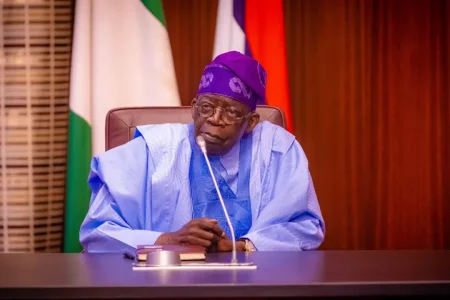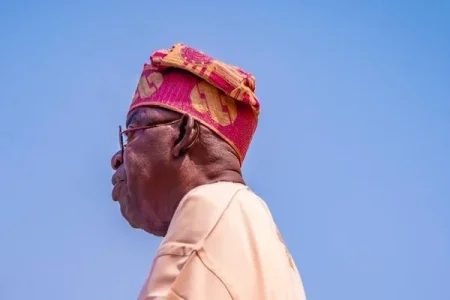
In a pivotal move for Nigeria's political structure, the Southern and Middle Belt Leaders Forum (SMBLF) has issued a clarion call to President Bola Tinubu to champion the country's restructuring into an actual federal state, reminiscent of the First Republic. As reported by Punch Newspapers, this counsel comes at a time when Nigeria grapples with the challenges posed by its current 'unitary federalism'.
The SMBLF, an amalgamation of influential regional groups including Afenifere, Ohanaeze Ndigbo Worldwide, the Pan-Niger Delta Forum, and the Middle Belt Forum, has highlighted the bleak prospects for Nigeria's future sans restructuring. The forum's stance is clear: the Federal Government must prioritize the country's reconfiguration and restore the federalism enshrined in the constitutions of 1960 and 1963.
Nigeria's fabric is strained with animosity, distrust, and allegations of marginalization, leading to widespread insecurity and fears of implosion. Afe Babalola, a respected elder statesman and advocate for restructuring, concurs with the urgency of this issue, likening the nation to a 'pressure cooker' of insecurity and extremism.
President Tinubu is being called upon to use his office's influence to rally the nation towards a genuine federation - this entails promptly devolving policing, establishing fiscal federalism, and limiting the powers of the central government as stipulated by the 1999 Constitution.
The SMBLF's proposal has precedent; many federal states worldwide, including the United States and Germany, successfully operate decentralized policing. For Nigeria, where a single national police force is overwhelmed by security challenges, this change could be transformative.
Moreover, the absence of fiscal federalism is stifling sub-national productivity, with states overly reliant on the central distribution of oil-generated income. A shift towards true federalism could address critical human development issues, such as education, electricity access, water supply, and housing.
President Tinubu, once a vocal proponent of restructuring, now faces the test of leading Nigeria through this transformative process. It is a step deemed essential for unleashing the potential of Nigerian states and, ultimately, for the nation's prosperity.
For Nigerians and the global community, the successful restructuring of Africa's most populous country could signal a new era of stability and progress, setting a precedent for governance and unity across the continent.


![[PHOTOS/VIDEO] Former President Buhari Laid to Rest in Daura](/data/attachments/218/218947-a494c5db17170998084dc86d95a84e3e.jpg?hash=6fLnqYF83s)
![[Video] Tinubu Receives Buhari’s Remains: Arrival in Nigeria for Burial](/data/attachments/218/218945-37b1938f44a4116ca74bcee08b49d831.jpg?hash=LQBOtEpT5v)
